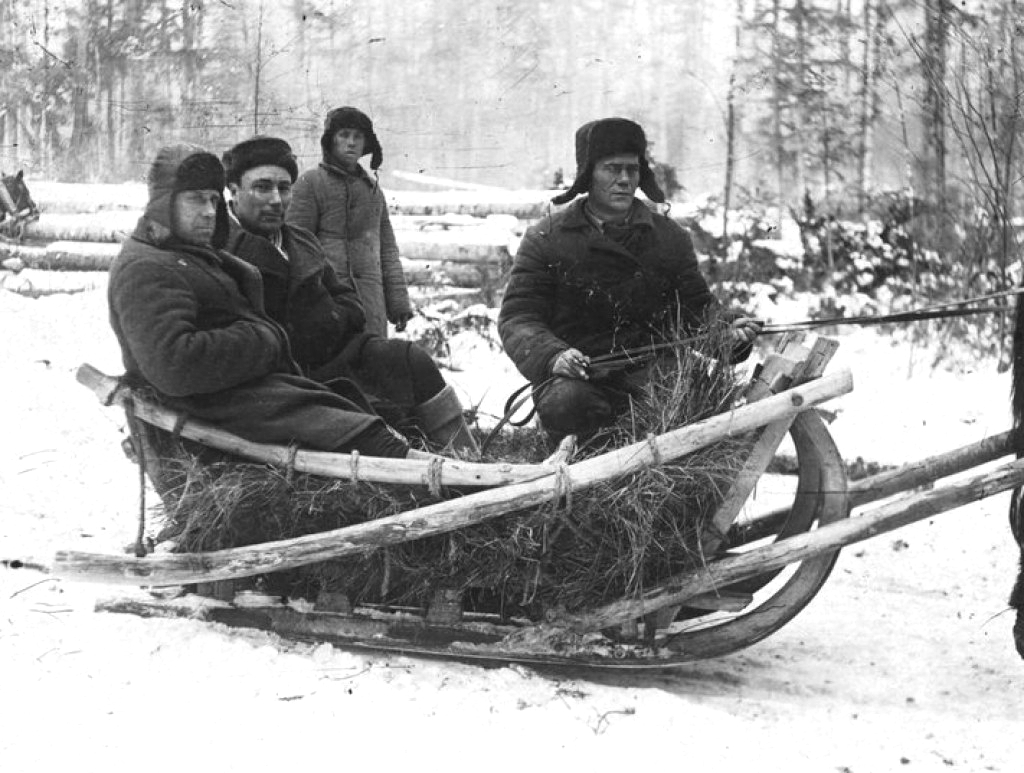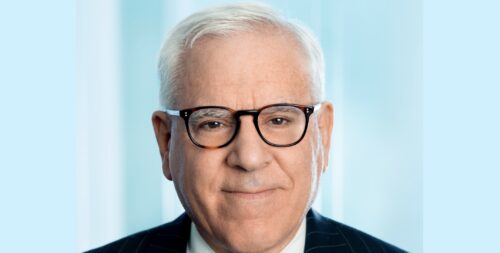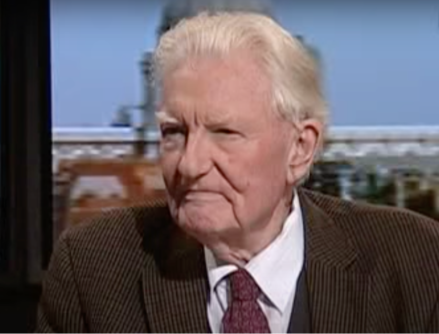Levels of ambition, including philanthropic, the impossibility of a “New Man,” and the consequences of trying to create him.
In his April 5, 2005, State of the Nation address to Russia’s political leadership, President Vladimir Putin insisted that all should acknowledge the collapse of the Soviet Union was a major geopolitical disaster of the century.
Overall, Putin focused on Russia’s emergence as a free and democratic society—the nature of which would be determined by Russia alone, he said. Accomplishing Russia’s transformation would be no easy task. It would require vigilance on the home front, and it would be ensured by being tough on any popular uprisings inspired by surrounding countries.
The past decade and a half has also revealed the government’s related attitude towards democracy-building, non-governmental, civic organizations. Since the 2012 presidential election, governmental pressure on these groups has risen even more, especially on those either receiving financial support or expert advice from abroad.
Putin’s definition of Russia as a free and democratic state makes little room for anything but a carefully managed space for freedom of speech, including the right to associate, and, in general, the public expression of support for and legal protection of basic human rights.
The kind of tragedy
The unfortunate judgment of Russia’s Supreme Court last month directing the International Memorial Society to close its doors is a watershed moment in the Russian government’s understanding of that which is to be considered free and democratic.
One of the country’s oldest human-rights groups, Memorial has uncovered and publicized crimes committed during the Soviet regime. Founded in 1988 by Nobel laureate Andrei Sakharov, the small but effective group documented political repressions carried out by the Soviet government, including by building a database of the victims of the Great Terror and gulag camps.
The collapse of the Russian empire led to all the other tragedies of the 20th Century. With their ownership of Russian institutions, the Bolsheviks brought the Great Terror, mass repressions, dispossession, and unspeakable persecutions—a great tragedy for the Russian people, causing great suffering for Russian families.
Calling to mind
Memorial received support far and wide from foreign sources for its work, including from American philanthropies. Their directors and staffs no doubt recognized the tragedies that befell the Russian people. But Memorial’s truth-telling was simply a small piece of a puzzle.
Foundations such as Ford and MacArthur, which opened offices in Moscow and elsewhere around Russia, focused on “root causes.” Their programmatic approach to laying the foundations for a free and democratic society was basically to engage with what they thought to be important political, economic and social institutions. The approach was American-style. The philanthropically ambitious goal was really no less than a transformation of human nature. Very difficult, nigh impossible.
In contrast, Milwaukee’s smaller Lynde and Harry Bradley Foundation—where I worked—pursued a philanthropically much more-modest grantmaking effort in Russia. To Bradley, Memorial was not just a piece of a puzzle, but a large part of the board and almost all of the pieces put together. Bradley considered Sakharov’s mission to be a most-critical one. Memorial called out the atrocities committed in the Soviets’ attempt to create a “New Man.”
Further defining its conception of that which is free and democratic, Russia has terminated Memorial’s work. Sakharov and his colleagues have made a significant, lasting contribution. Memorial restored memory. It called to mind, never to be forgotten, the lives of grandparents, parents, relatives, and family friends who suffered at the hands of a totalitarian regime in search of creating a being and a society impossible to realize.





